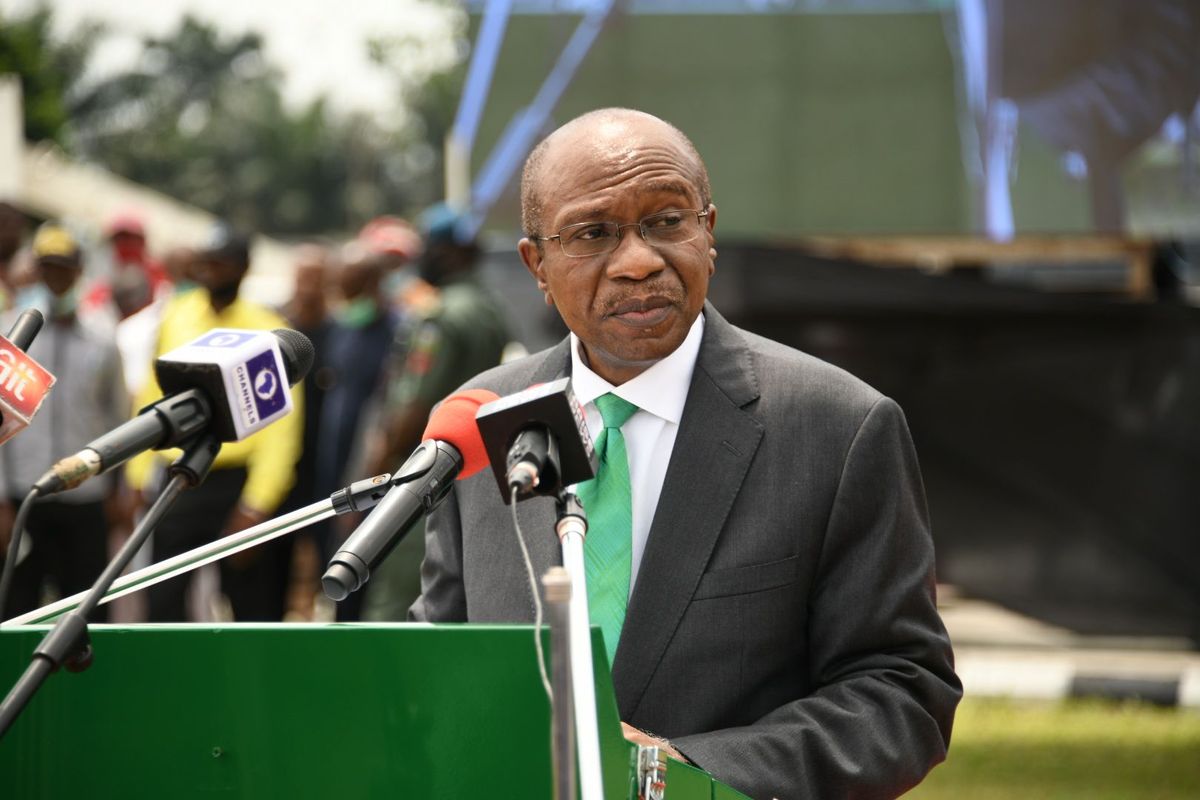CBN sanctions banks for shielding crypto transactions in Nigeria
The Central Bank of Nigeria (CBN) has fined some commercial banks for failing to comply with regulations that bar customers from transacting in cryptocurrencies.

The Central Bank of Nigeria (CBN) has fined some commercial banks for failing to comply with regulations that bar customers from transacting in cryptocurrencies.
Per The Cable, the banks include Stanbic IBTC, First City Monument Bank (FCMB), Access Bank, Wema Bank, United Bank for Africa (UBA) and Fidelity Bank.
Stanbic IBTC Bank, the domestic unit of Standard Bank Group Ltd, was fined N200 million for failing to comply with the CBN’s directive, according to the lender’s 2021 consolidated and separate financial statement.
Meanwhile, Access Bank Plc, the country’s biggest lender by assets, was fined 500 million Naira for failure to close customers’ crypto accounts, according to a filing with the Nigerian Exchange Ltd. United Bank for Africa Plc incurred a 100 million naira penalty for digital-currency transactions by a customer while Fidelity Bank Plc was fined 14.3 million naira, according to reports.
Nigeria accounts for the largest volume of cryptocurrency transactions outside the U.S., according to Paxful, a Bitcoin marketplace. Africa’s most populous country also has the largest proportion of retail users conducting transactions under $10,000, according to Paxful, a Bitcoin marketplace.
Africa’s most populous country also has the largest proportion of retail users conducting transactions under $10,000, according to Chainalysis.
Related article: Takeaways from Chainalysis' report on crypto in Africa
In February 2021, the CBN announced a sweeping ban on cryptocurrency purchase and trading in the country.
The crypto ban was announced in a now-deleted circular dated February 5, 2021. The circular which bears the insignia of the CBN and signatures of two of its top officials, orders regulated financial institutions to identify people and organisations trading in crypto and close their accounts immediately. It threatens severe regulatory actions on financial institutions that refuse to co-operate.







Comments ()